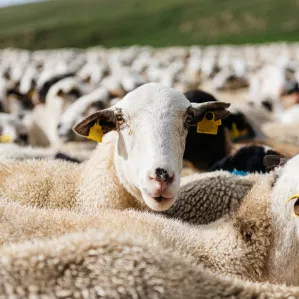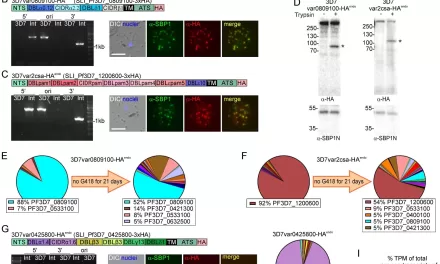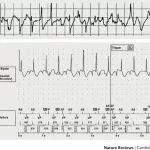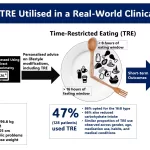EMA has recommended the approval of the vaccines Bluevac-3 and Syvazul BTV 3 to protect sheep against bluetongue disease. Bluevac-3 is also approved for use in cattle. The disease is caused by the bluetongue virus, of which different types exist. These vaccines are shown to protect against the newly emerged serotype-3 bluetongue virus (BTV3), responsible for recent outbreaks in Europe, and against which vaccines currently approved at EU wide-level show little protection. For this reason, the vaccines were recommended for approval under exceptional circumstances.
Bluetongue is an infectious disease that affects wild and domestic ruminants including sheep, goats and cattle. It is contracted through the bite of Culicoides flies that have fed on infected animals. In this way, it can spread through herds and across different species. The disease severity varies for different animals and is worst in sheep, for whom it can often be fatal.
There is no public health risk associated with bluetongue disease, as the virus is not transmitted to humans through contact with animals or wool, or through consumption of milk or meat. However, vaccination can control disease spread, reducing economic losses, protecting livestock trade and preventing animal suffering.
Both Bluevac-3 and Syvazul BTV 3 contain an inactivated form of BTV3. While the inactivated form cannot cause the disease, it can still elicit an immune response, protecting vaccinated animals against infection and reducing disease spread. Both are available as ready-to-use suspensions for injection and contain adjuvants to help stimulate the immune response.
The efficacy of Bluevac-3 was investigated in two studies comparing the protection against the disease in vaccinated and unvaccinated lambs and calves. In both species, after two doses of the vaccine given 21 days apart, the vaccinated animals showed a reduction in the amount of virus in the blood. Lambs also showed a decrease in the severity of symptoms and in mortality. The efficacy of Syvazul BTV 3 was assessed through two studies in vaccinated sheep exposed to the virus. These showed a reduction in the amount of virus in the blood, in disease symptoms and mortality.
Based on the risk assessment conducted as part of the evaluation of all veterinary products, the vaccines are not expected to pose a risk to human or animal health or the environment, if used according to the product information.
The CVMP opinion will now be sent to the European Commission for the adoption of a decision on an EU-wide marketing authorisation of the two vaccines.











